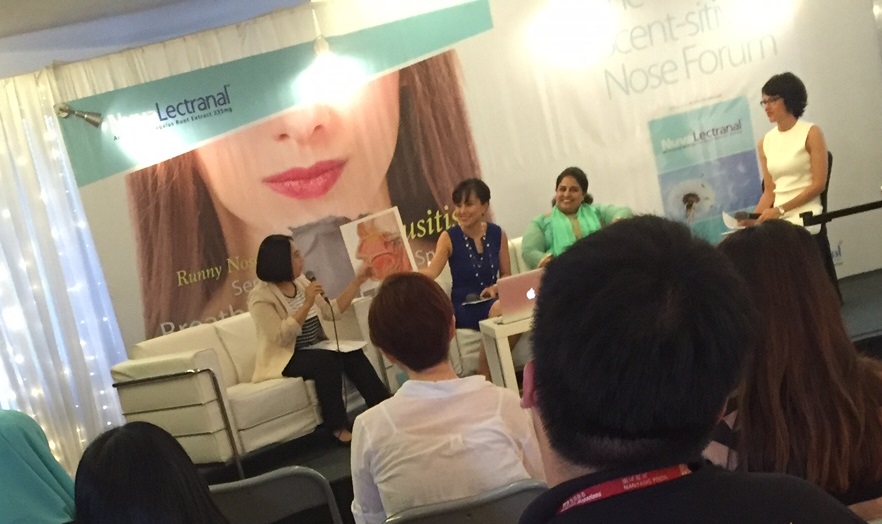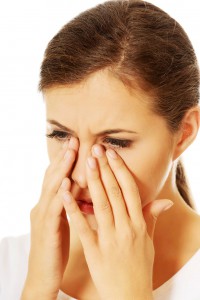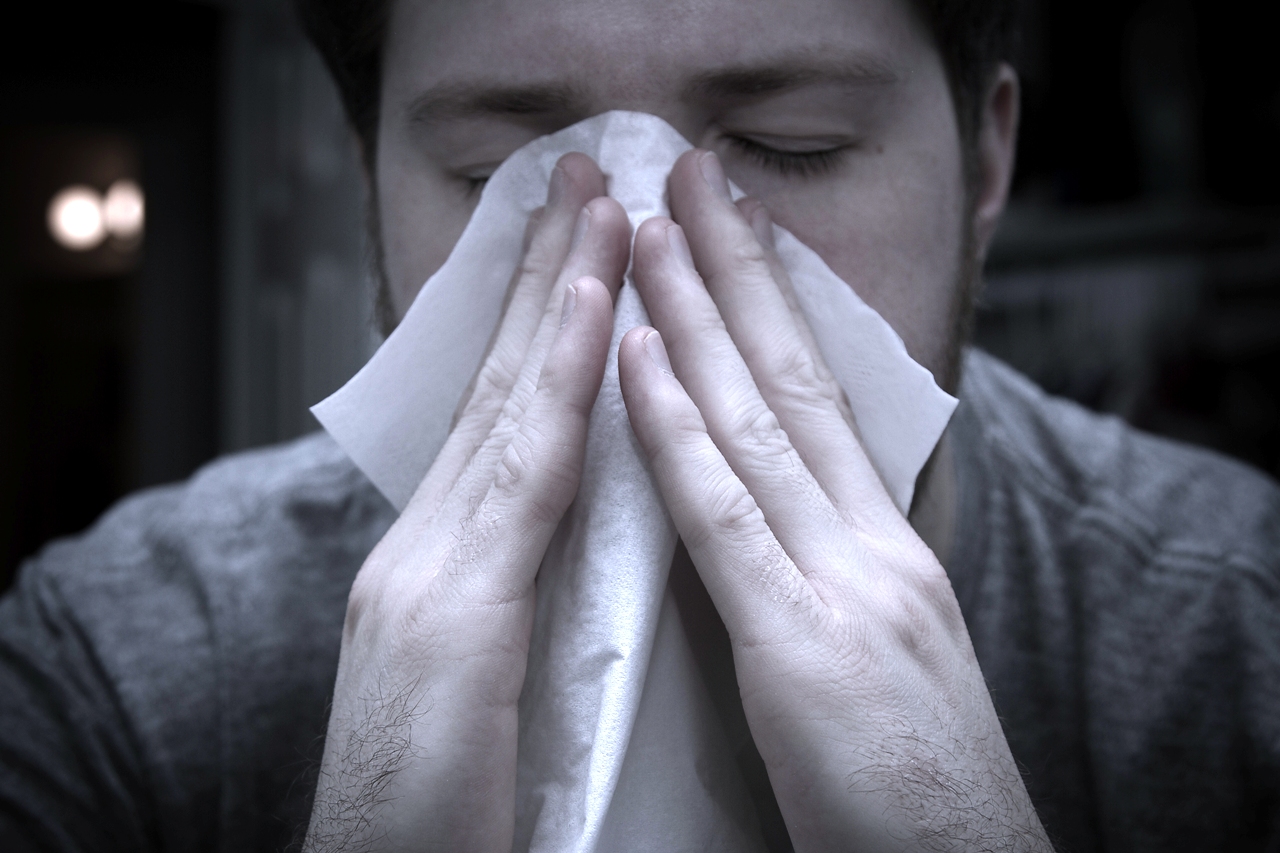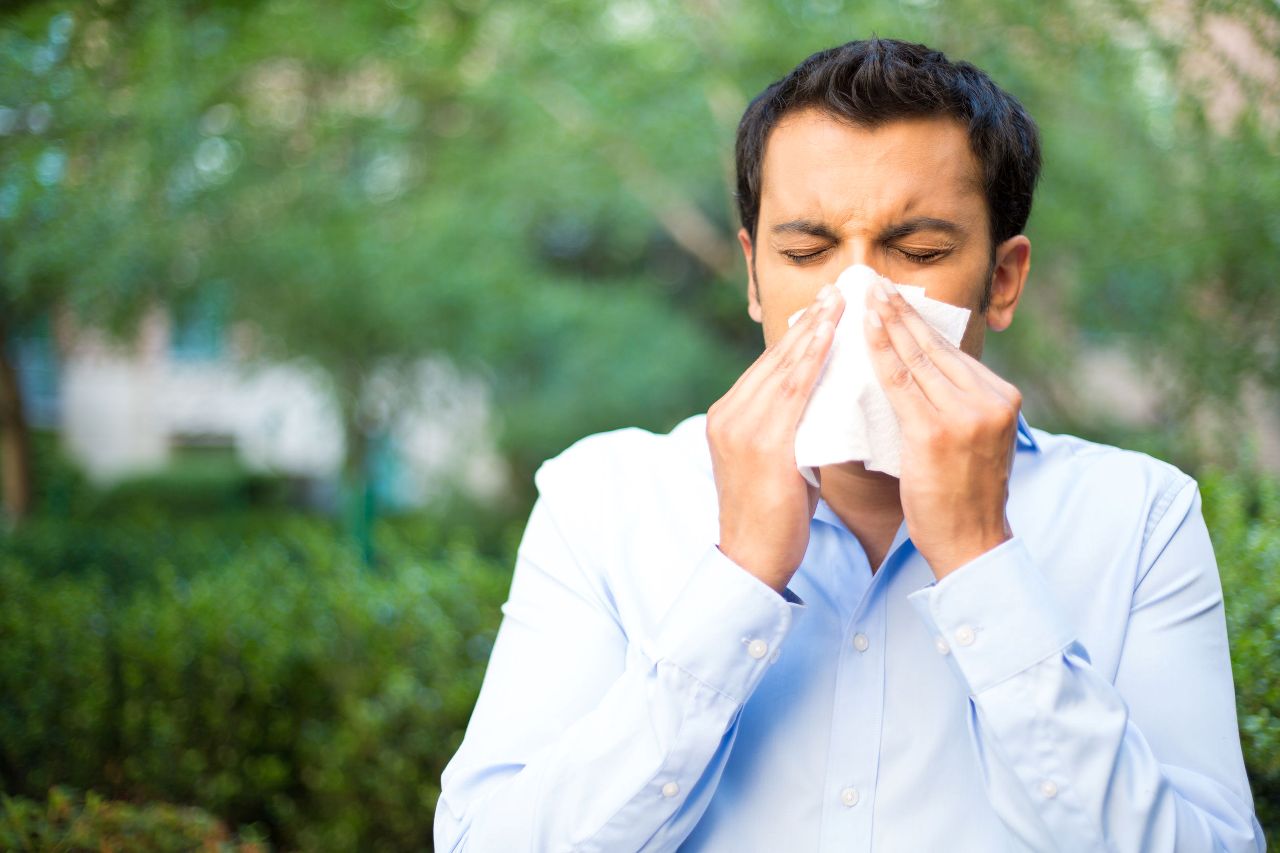Nasal congestion and a runny nose when exposed to dust? Sneezing spells first thing in the morning? Does your nose itch and tingle when you smell something “dusty”? A dry cough that just won’t go away?
If the above sums up your symptoms, you could be experiencing a sensitive nose or “sinus” as most Malaysians would call it, which is known medically as “allergic rhinitis”, a chronic nasal inflammatory state characterised by sneezing spells, a runny or blocked nose and itching of the nose, eyes and throat.
“Up to 30% of the world’s population regardless of age and ethnicity suffers from allergic rhinitis, which means almost 1 in every 3 Malaysians are likely to be suffering daily from sensitive nose or sinusitis issues,” shared Datin Swanee Teh, a Pharmacist during “The Scent-sitive Nose Forum”, an educational and interactive media get-together hosted by the Nuvaceutical division of Nuvanta Sdn Bhd recently.

The forum were also attended by the panel of experts including Dr. Azida Zainal Anuar, Consultant Otorhinolaryngologist-Head and Neck Surgeon, Dr. Priyadarshini Srinivasan Moharkonda, Clinical Psychologist and Ashley Grandisch, a Health and Wellness Coach.
Allergic Rhinitis & Sinusitis: Know the Difference
According to Dr. Azida, allergic rhinitis refers to the inflammation of the nasal membranes that is characterized by sneezing, nasal congestion, nasal itching, and a runny nose, in any combination; Whereas sinusitis refers to an inflammation of the sinus mucosa. Sinuses are located in cheek bones, at the back of noses, in the forehead and between the eyes. Sinusitis lends additional symptoms such as headaches and facial pain to an inflamed nose and always happens as a result of inflammation starting in the nose.
As both the conditions are so closely related, doctors now use the term ‘rhinosinusitis’ to describe someone having both an inflamed nose (rhinitis) and inflamed sinuses (sinusitis).
What Cause Allergic Rhinitis and Sinusitis?
Most people believe that allergic rhinitis and sinusitis are caused by allergens present in the environment such as dust mites, pet dander, mold and pollen, however Dr. Azida said that the root cause is the person’s immune system which has somehow been tuned to ‘hypersensitive mode’, strongly influenced by genetics.
The mucosa of nose and sinuses produce approximately one litre of mucous every day which is moved to the back of the nose by beating cilia and then swallowed subconsciously. “When inflammation occurs in the nose and sinuses, the cilia stop beating and fail to transport the mucous, which then builds up in the nose and sinuses. At the same time, the mucosal lining swells up and blocks up the ostia (opening) of the sinuses. If an infection sets in, the mucous then changes from a colourless fluid to a greenish pus in the affected sinuses,” explained Dr. Azida.
“Up to 51% of chronic sinusitis are associated with allergies and result when the inflammation is triggered by allergens or viruses such as the common cold,” added Dr. Azida.
Symptoms, Associated Ailments and Diagnosis
 The four cardinal symptoms of allergic rhinitis comprise sneezing, a runny nose (rhinorrhea), nasal itchiness and/or a blocked nose. Some people with allergic rhinitis may also suffer from wheezing, red, watery eyes, sore throats and a chronic dry cough. In addition, sinus headaches and ‘plugged’ ears are common if nasal inflammation extends to the sinuses as well.
The four cardinal symptoms of allergic rhinitis comprise sneezing, a runny nose (rhinorrhea), nasal itchiness and/or a blocked nose. Some people with allergic rhinitis may also suffer from wheezing, red, watery eyes, sore throats and a chronic dry cough. In addition, sinus headaches and ‘plugged’ ears are common if nasal inflammation extends to the sinuses as well.
“Allergic rhinitis and sinusitis tend to run in families, can last for decades and may lead to many days of missed school or work. It can also affect a child’s or adult’s concentration and performance at school or at work, and how they feel about themselves,” described Datin Swanee.
Dr. Azida further added, “Almost half of allergic rhinitis patients also suffer from asthma as the two conditions affect the same airway. The nose is responsible for cleaning the air that we breathe before it reaches the lungs. If the nose is constantly inflamed, it fails to perform this vital function and the lungs then bears the brunt of it. Unless allergic rhinitis is well managed, one in every three patients with this condition goes on to develop asthma.”
“Both allergic rhinitis and sinusitis can cause anosmia or loss of smell due to a blocked nose or an obstructive lesion like a polyp in their nose. In these cases, removal of the obstructive factor may lead to return of the sense of smell. Sometimes, it may not,” cautioned Dr. Azida.
Natural Therapy Research for Allergic Rhinitis or Sinusitis
Scientists at the Ruder Boskovic Centre in Zagreb, Croatia have successfully formulated a natural, activated Astragalus root extract known as Lectranal®, a type of herbal medicine which has been rigorously trialled and tested and found to be able to calm hypersensitive noses and sinusitis.
Published in the journal Phytotherapy Research in 2010, treatment with Lectranal resulted in 70% of sensitive noses becoming desensitised after two months of treatment. Lectranal aims precisely at the hypersensitive nature of the immune system which triggers nasal symptoms to appear in the first place.
With Lectranal, the immune system is guided to normal functioning instead of being in a hypersensitive mode each time it meets an allergen such as dust, pollen or temperature changes. The allergen type is not important as Lectranal deals with the root of the hypersensitive immune system, by influencing the way in which the system processes these allergens.
Lectranal works differently from drugs such as antihistamines which help dry a running nose but leaves the root problem of the immune system still – hypersensitive. This patented herbal extract has also been shown to impart a memory to the immune system so that it recognises allergens in future without irritating nasal symptoms appearing.
Tips to Manage Allergic Rhinitis and Avoid Sinusitis
- Minimise exposure to allergens by closing windows and running air conditioners;
- Reduce exposure to allergens such as dust mites and molds, by covering pillows and mattresses with pillow protectors and removing dust-collecting household items, such as carpets, heavy drapes and bedspreads;
- Although air purifiers and dust filters can be costly, they may help reduce the amount of allergens in the air;
- Saline nasal sprays and humidifiers can help clear congestion; and
- Avoid strong “smell-influenced” triggers like perfumes or colognes, flowers and other powerful odours.
Source: The above content is extracted from an article by the Nuvaceuticals Division of Nuvanta Sdn. Bhd.











